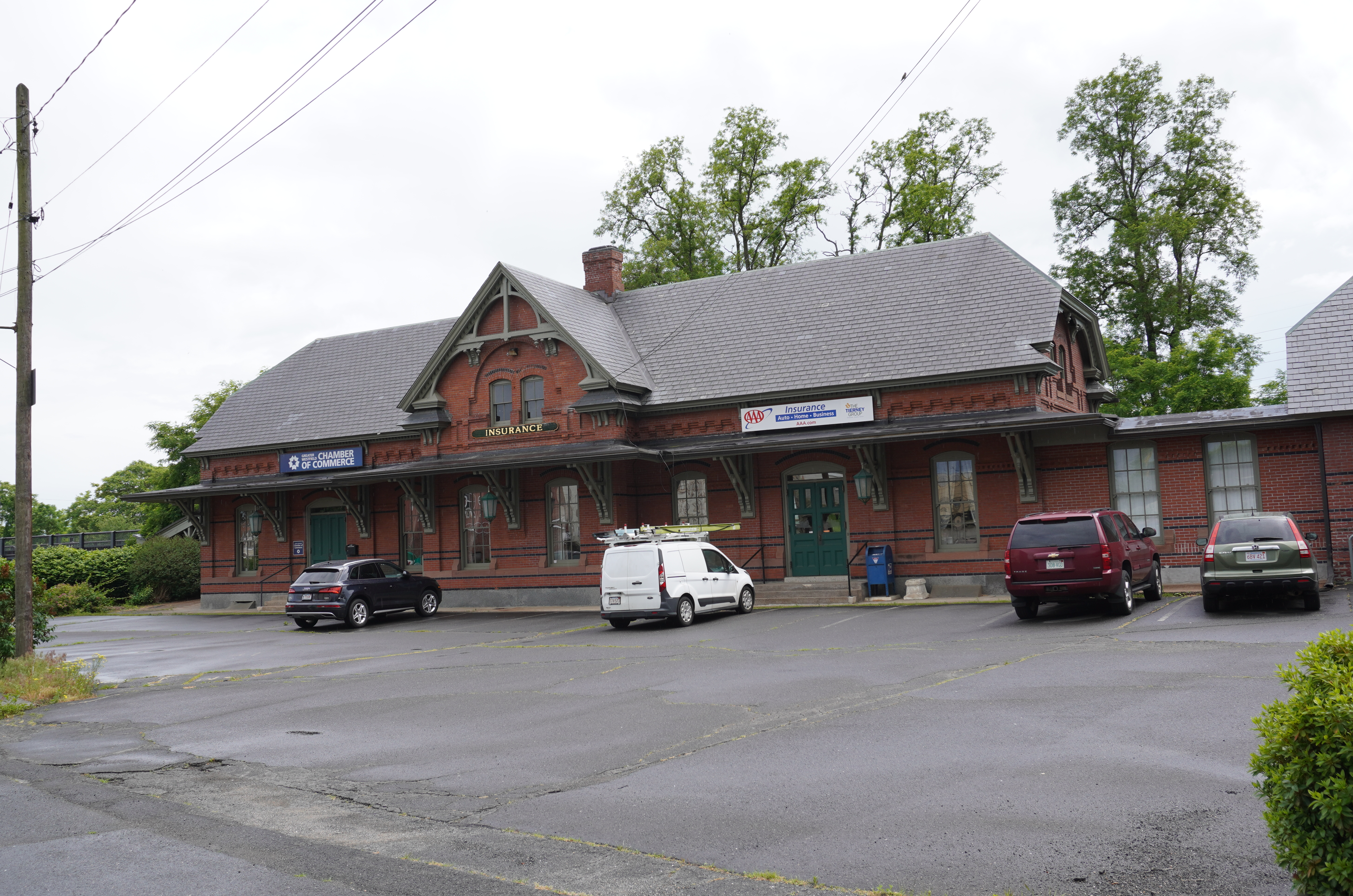F-Line to Dudley
Senior Member
- Joined
- Nov 2, 2010
- Messages
- 9,544
- Reaction score
- 10,380
That would be tricky because Springfield is not set up like Albany is for easily swapping out locomotives with switching moves. There's no adjacent maintenance facility for them to do those kinds of assists during a station layover. Therefore you'd end up with an inert locomotive of the Boston train coupled to the back of the leading southbound Vermonter, and two crews segregated from each other on the combined run by the locomotive in the middle at harm to the cost operating ratio of the whole train. Maybe the new Airo push-pull sets can wring some sort of compromise out of this, but in all design renders circulated thus far there's no pass-thru doors between cab ends so you'd still be carrying very awkward duplicate staffing assignments who can't intermingle on the halves of the combined train.How out there of an idea would it be to do like the Lake Shore Limited or some medium-long distance trains in Europe and run two separate trains from Vermont and Worcester that then meet in Springfield to combine to DC? Opposite in the reverse direction. Working it off the current Vermonter schedule it’d depart Worcester at ~1:20pm. There’s already a 15min stop in Springfield anyway so the schedule adjustment to accommodate coupling another train shouldn’t be too much.
EDIT: I feel like the fact that the Vermonter needs to turn the train around in the wye anyway would facilitate this. Maybe schedule the Worcester train to arrive earlier than the Vermonter connects up to the front of it.
Also I say from Worcester rather than Boston only because if I’m basing it off the current Vermonter schedule it’d depart Worcester only 45min before the Lake Shore Limited which wouldn’t really offer anything new for BOS<->SPG
It's probably not worth it. The NNEIRI study simply suggested coordinating a stock Inland Route slot with a stock Vermonter slot (and a stock Inland slot with a stock BOS-MTL slot) so a cross-ticketed cross-platform transfer essentially doubled the total number of slots available to each audience. That's probably a good-enough service multiplier for Springfield Hub if applied to the lesser members of the service pie like the Vermont slots and LSL. Alon Levy was simply being very rigidly strict-constructionist about timed transfers mandatorily extending to the Springfield Regionals when (per discussion here) there's not a lot of logic behind why those can't be extended to Boston.


